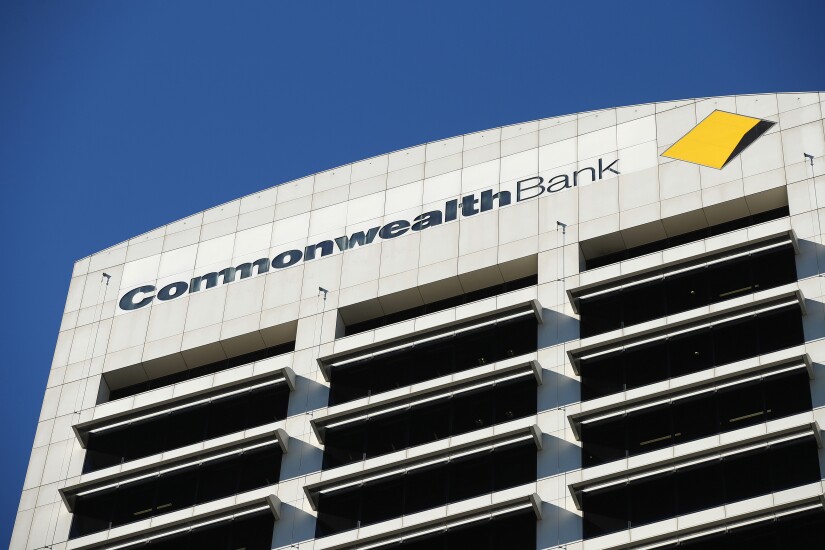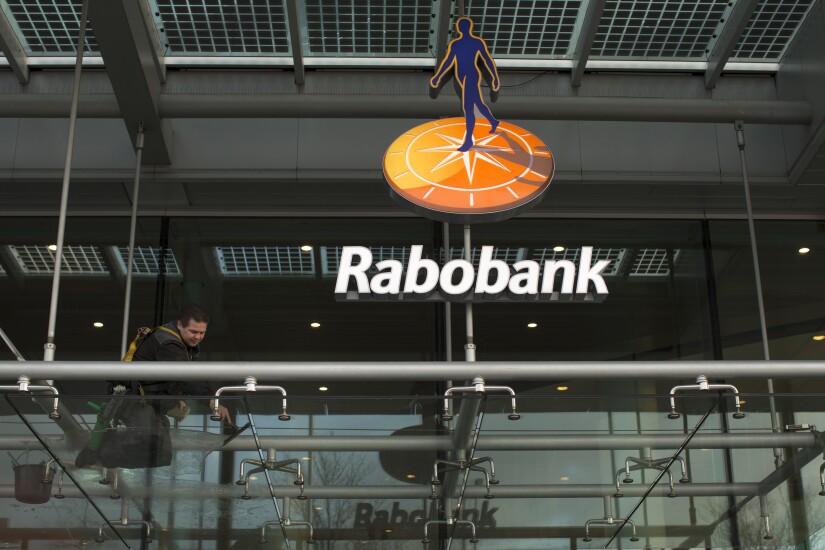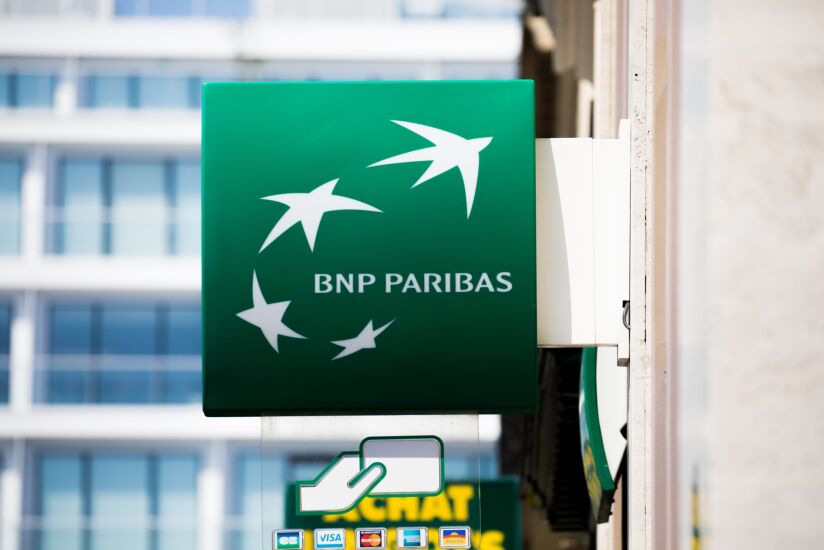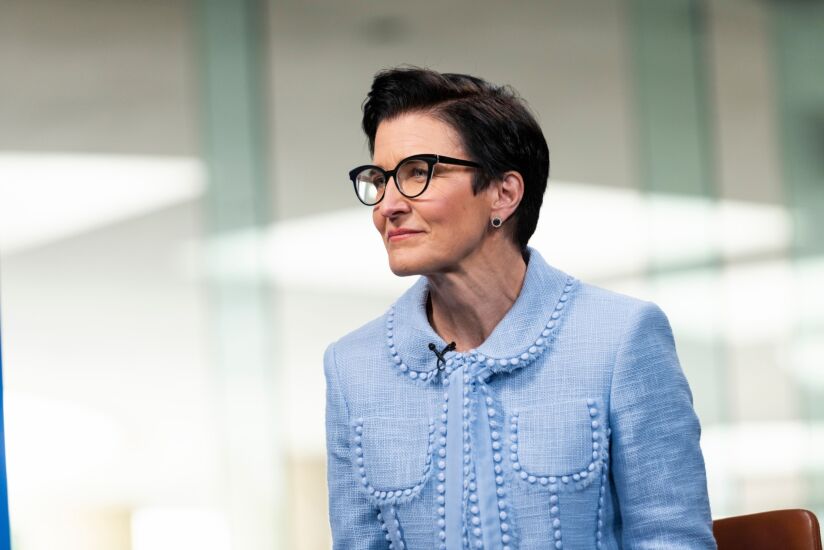Commonwealth Bank of Australia is examining how it can use generative artificial intelligence to simulate customers testing products, and U.S. Bancorp's Elavon unit receives a financial services license from the Bank of England.
Here's what's happening around the world.













